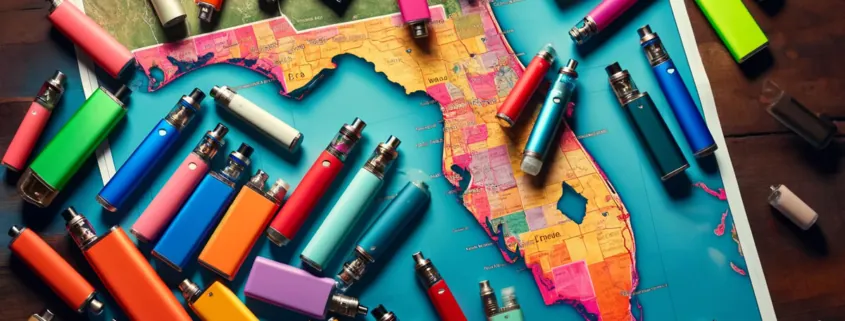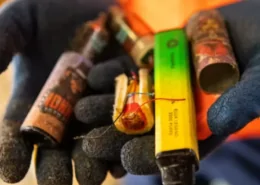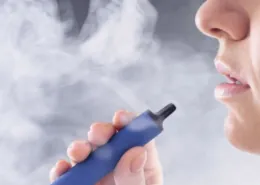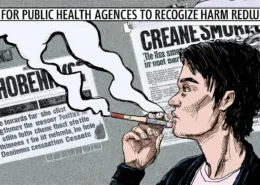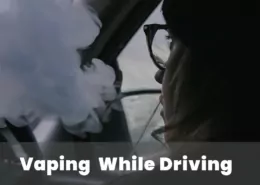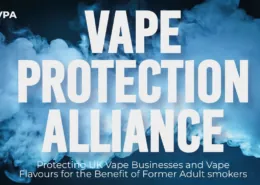Florida Vape Sales Soar, But 90% of Disposables Illegal
Florida has emerged as the nation’s top market for disposable vapes, with Floridians spending a staggering $410 million on these products last year. However, the booming sales have not been met with celebration from retailers, as an estimated 90% of the disposables sold in the state are considered illegal.
Concerns Over Retailer Responsibility and Minor Access
Scott Shalley, President of the Florida Retail Federation, acknowledged the legitimate place for vapes in the market but emphasized the importance of ensuring proper product testing and preventing access to minors. “Let’s be clear, there is a place for vapes in the marketplace. This is really an issue of ensuring products have been properly tested, and that they’re not falling into the hands of minors,” Shalley stated.
Inconsistent Enforcement of Federal Regulations
Shalley called for increased federal government action, pointing out the inconsistent enforcement of current vape regulations. The Food and Drug Administration (FDA) has received nearly 26 million vape product submissions for approval, but to date, only around two dozen products have been approved, all manufactured by major tobacco companies such as RJ Reynolds and Philip Morris.
“We would like to see the federal government take action and to expedite the approval process out of fairness to all vendors,” Shalley said. “We’d like to see them provide real clarity with regard to the FDA approved products.”
Flavoring and Health Concerns
The key difference between FDA-approved products and their illegal counterparts lies in the flavoring. All approved devices are tobacco-flavored, with the FDA yet to approve even menthol. In contrast, most illegal vapes feature minty or fruity flavors that may potentially appeal more to children.
While vapes do not contain many of the harmful chemicals found in cigarettes or leave a lingering odor, they are not a “healthy” alternative to smoking. The vast majority of e-cigarettes, both legal and illegal, are manufactured in a small district in China, and nicotine levels and potential contaminants can vary significantly between brands.
Anecdotal Reports and Parental Anxiety
Anecdotal reports of laced vapes have raised concerns, with Attorney General Ashley Moody issuing a consumer alert last year warning that some vapes may be laced with fentanyl. Although the vapes in question were THC delivery devices rather than nicotine ones, the lack of enforcement and quality control has heightened anxiety among parents, as their teenage children are likely to encounter vapes on a daily basis.
Enforcement Challenges and Proposed Legislation
While federal authorities have the power to seize illegal vapes upon entry into the country, the sheer volume of the market, measuring in billions of dollars nationally, adds to the challenges faced by U.S. Customs and Border Protection agents.
The state of Florida is considering stepping in to assist with enforcement. The Florida Retail Federation has expressed support for a plan passed by lawmakers during this year’s legislative session. Sponsored by Palm City Republican Rep. Toby Overdorf, HB 1007 would prohibit the sale of any vapes that have not received FDA approval, effectively limiting the market to the two dozen tobacco-flavored vapes carrying the Logic, NJOY, and Vuse branding.
Vape advocates have criticized the strict requirement, arguing that the products facing a ban are crucial in helping smokers transition from traditional cigarettes to less stigmatized vapes. However, Shalley maintains that regulatory certainty remains the top priority, and should the FDA approve the vapes Floridians are purchasing in record numbers, the proposed legislation would allow retailers to sell them.
- Bestselling Vapes in UK After Disposable Ban: What to Stock 2025 - August 8, 2025
- Argentina Debates Stricter Vape Laws Amid Prohibition Failures - August 8, 2025
- Nigeria Advocacy Group Urged to Hike Tobacco & Vape Tax by 100% - August 8, 2025

